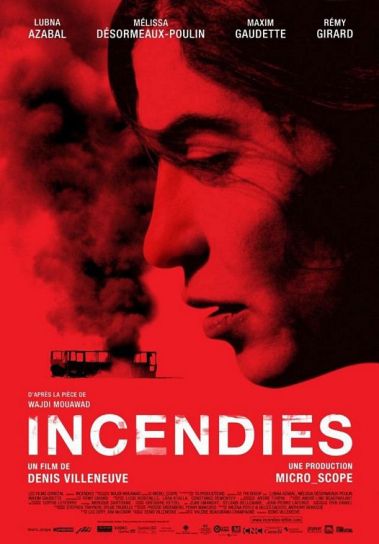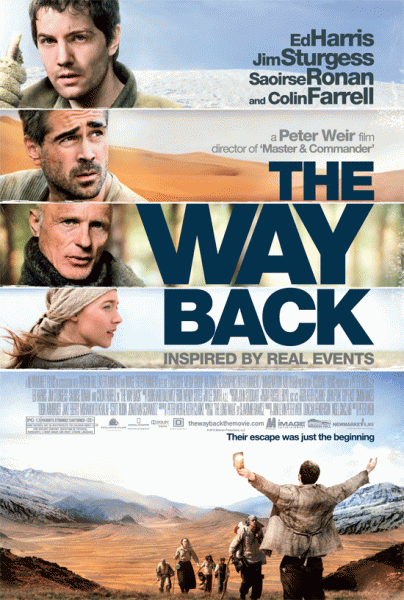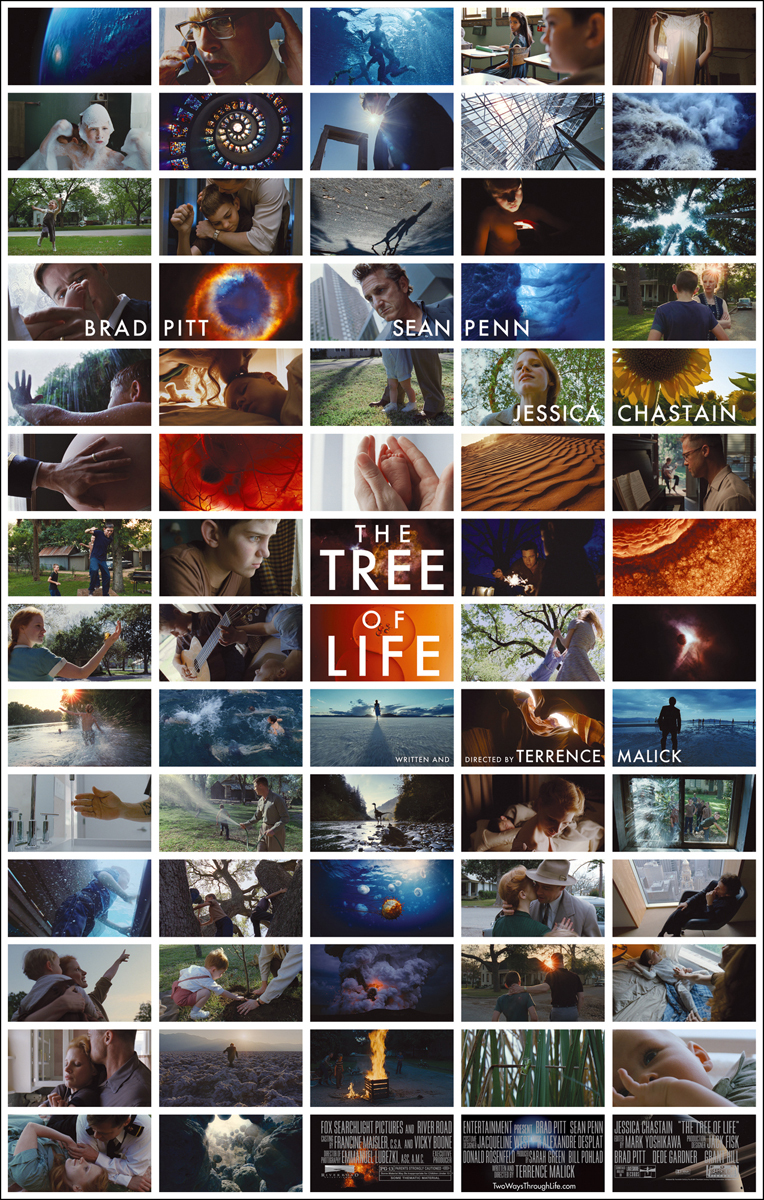Director: Terrence Malick
Cast: Brad Pitt, Jessica Chastain, Fiona Shaw and Sean Penn.
Release Date: June 30, 2011
When The Tree of Life premiered at Cannes, in May, audiences were left torn about how to appreciate a film which covers so much and says so little at the same time. It is a film that does not shy away from the tough questions about God, death and what the real meaning of life is. And it hopes to achieve all of this through visionary poetry rather than a linear screenplay. So it was only natural that Terrence Malick’s film, his first in six years, received both uproarious applause and noticeable boos, reflecting what most critics feel is a movie that you are either going to love or hate.
However, the Cannes grand jury loved it, awarding it the Palm D’Or (best picture at the festival). And like them, I loved it too. For as I sat at the State Theatre, Sydney for the film’s Australian premiere, I didn’t find any reason to hate it, because what is there to hate when you are swept up in the beauty and magic of life?
To understand the narrative of this film you need to understand the history behind it’s creation. Terrence Malick had the idea for The Tree of Life back in the 1970s, while working on his film Days of Heaven (1978). He originally wanted to explore the origins of life on earth but struggled to find a story that would allow this to be achieved. The Tree of Life is that story as it upholds Malick’s original idea while exploring the lives of the O’Brien family.
The film tells the story of Jack (Sean Penn) who, on the anniversary of his brother’s death, reflects on his childhood in the American suburbia of 1950s and the people who influenced it. As both young and old Jack learn to juggle the conflicting influences of their mother (Jessica Chastain) and father (Brad Pitt), the film explores the notions of God, life and all the moments we miss, when we are not looking.
To me this feels like a near perfect film, as it illustrates a great amount of originality that has not been seen in a very long time. Even with critics comparing it to Stanley Kubrick’s 2001: A Space Odyssey (1968), particularly the origins of life sequence with the infamous dinosaurs, Malick’s focus on the lives of the O’Brien family allows the film to individualise in thematic areas that Kubrick’s film didn’t. This is due to the well constructed screenplay, penned by Malick as well, and the breathtaking cinematography of Emmanuel Lubezki (Sleepy Hollow, Children of Men). Lubezki’s ability to capture both the simplest and most complex events, including the awe inspiring 25 minute origins of life sequence, is utterly captivating and reflects the film’s beliefs around the presence of God within every detail of life. However, full credit needs to be given to musical composer Alexandre Desplat (The King’s Speech, The Curious Case of Benjamin Button). Desplat’s original score lifts every scene with it’s naturalistic sound, complimenting the film’s originality and poetic undertones superbly.
While this is a film that relies heavily on minimal dialogue, the cast still find ways to shine. Brad Pitt is a stand out, balancing Mr. O’Brien’s masculine dominance and subtle vulnerability in a realistic manner. He is a character that you fear but at the same can emotionally feel for, which is a credit to Pitt’s mature performance. However, the only criticism I can find is in Malick’s under-utilisation of Sean Penn, whose appearance feels more like a cameo rather than a full fledging character. But even in his minimal screen time he still maintains a great presence that is enjoyable to watch.
While I loved The Tree of Life, I must stress that this is a film that while divide audiences and, like with the Cannes audience, you will either love it or hate it. But regardless this is a film with a large amount of originality and ambition, which is something that can be agreed upon by all viewers. For that is what makes Terrence Malick such an incredible artist. While you may not agree with his interpretations of evolution, God and life you cannot deny the masterful way in which he executes it. For me the The Tree of Life is a beautiful and poetic journey that captures the true heart and essence of life, and the presence God may or may not have in it. And if you are willing to look a little closer within your own life, you may actually see the truth within Malick’s work.



 Director:
Director: 




 Director:
Director: 

